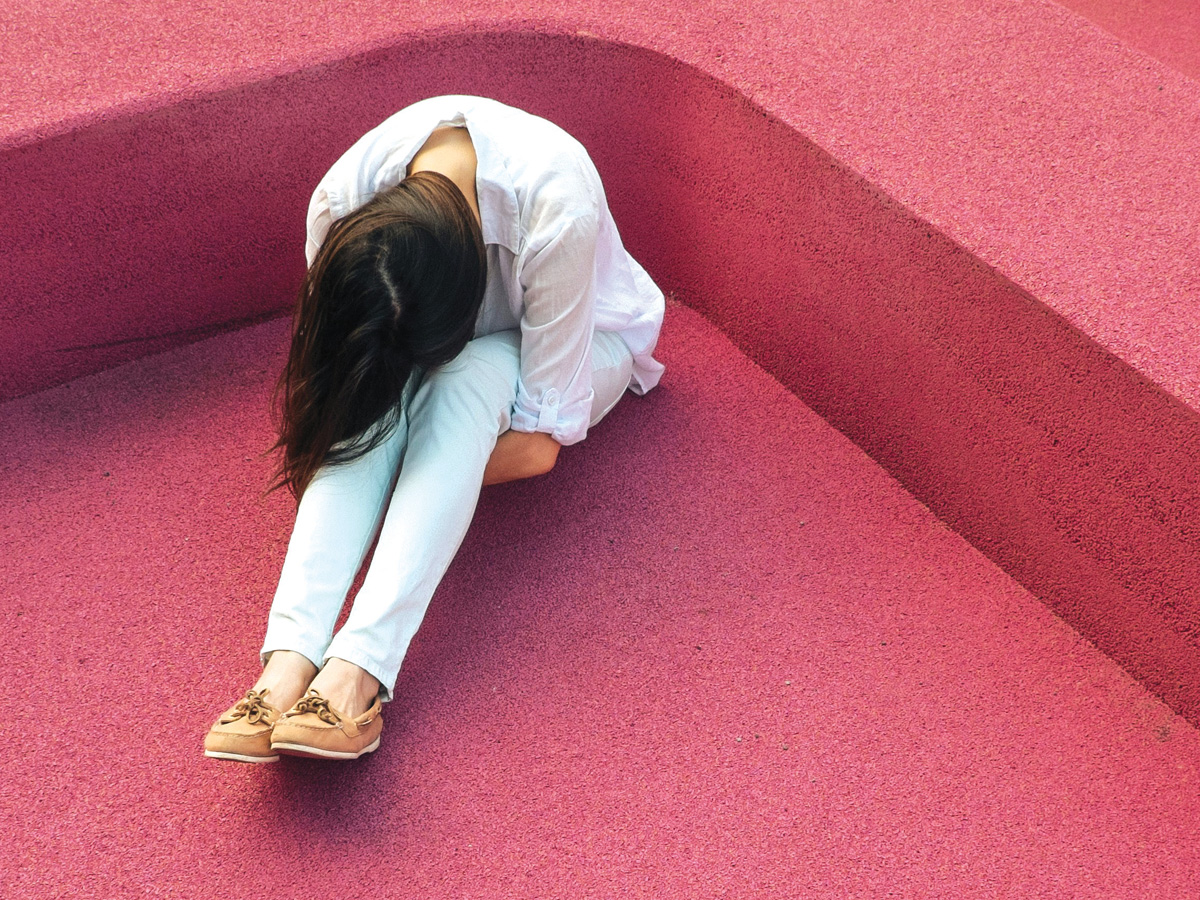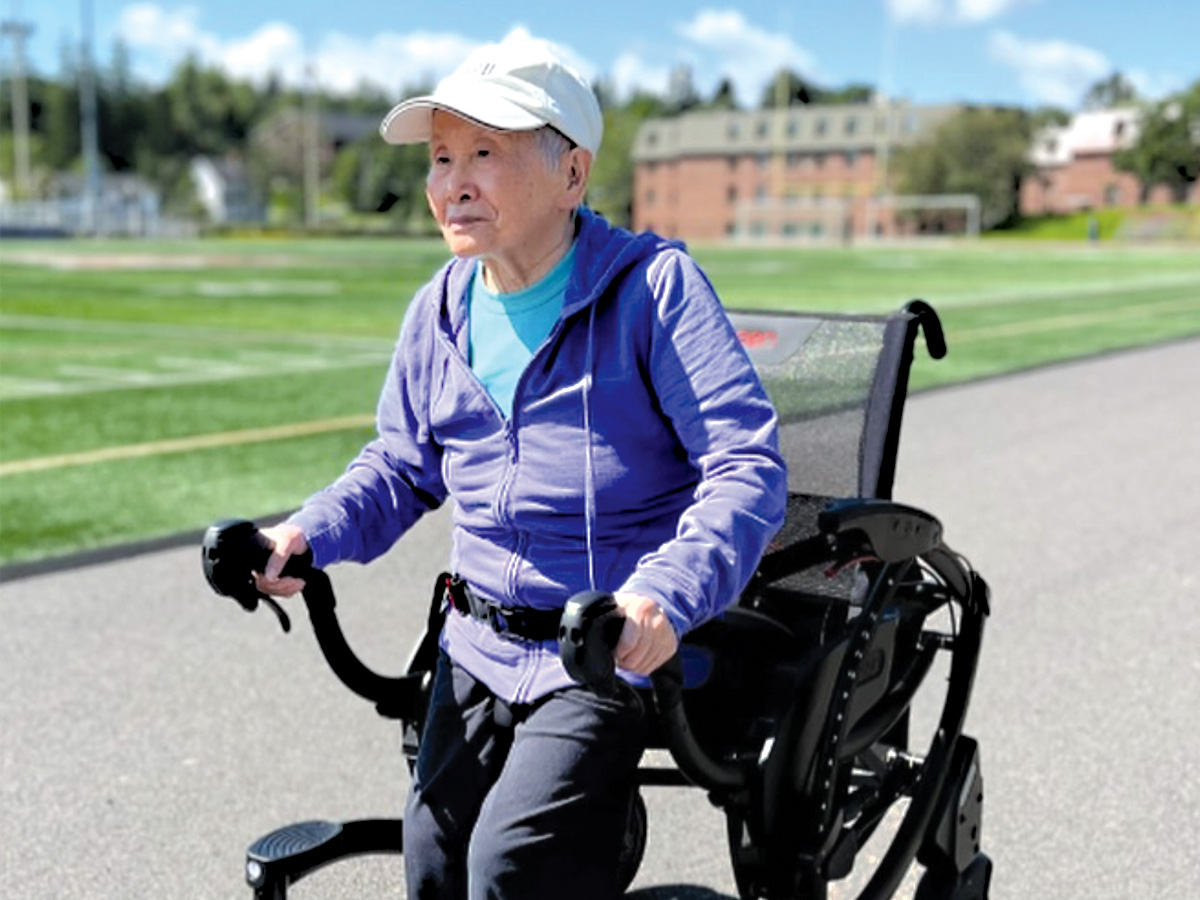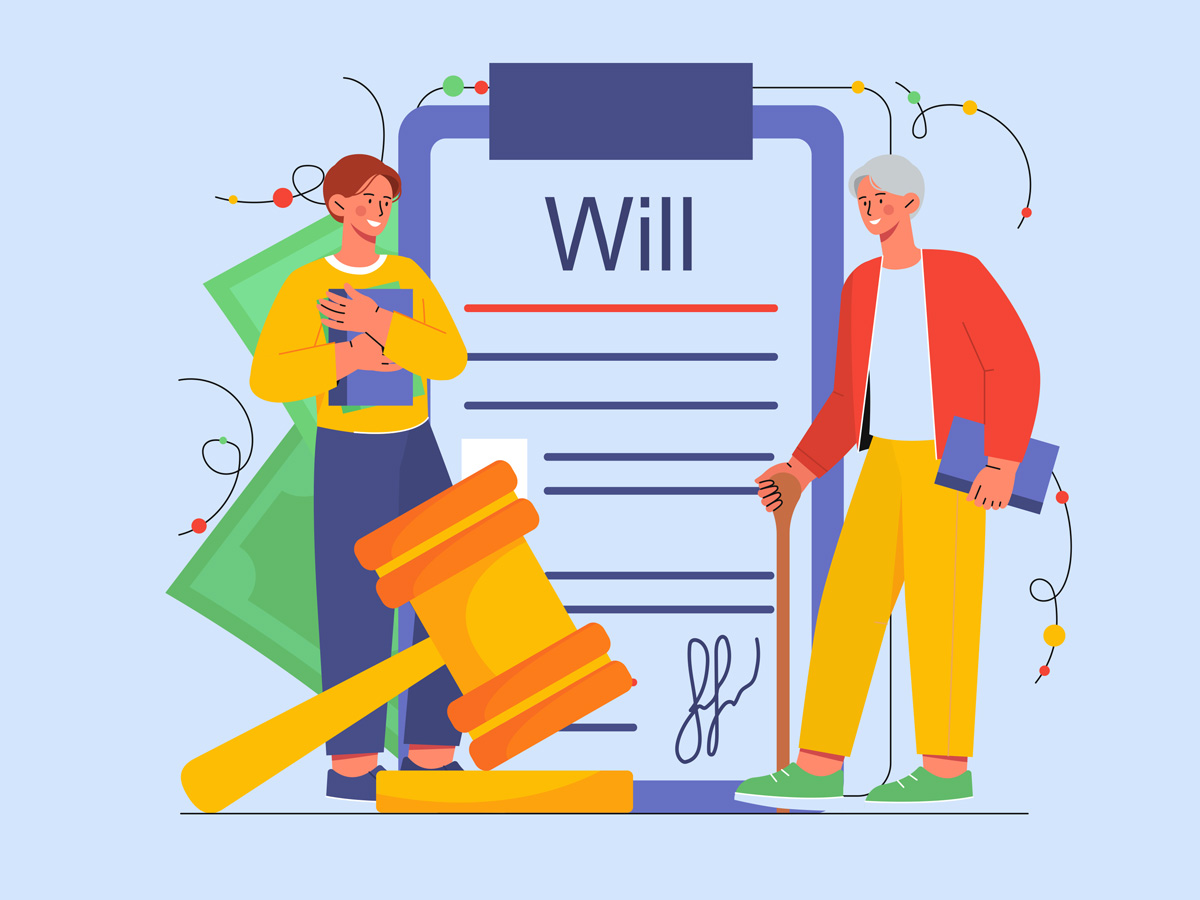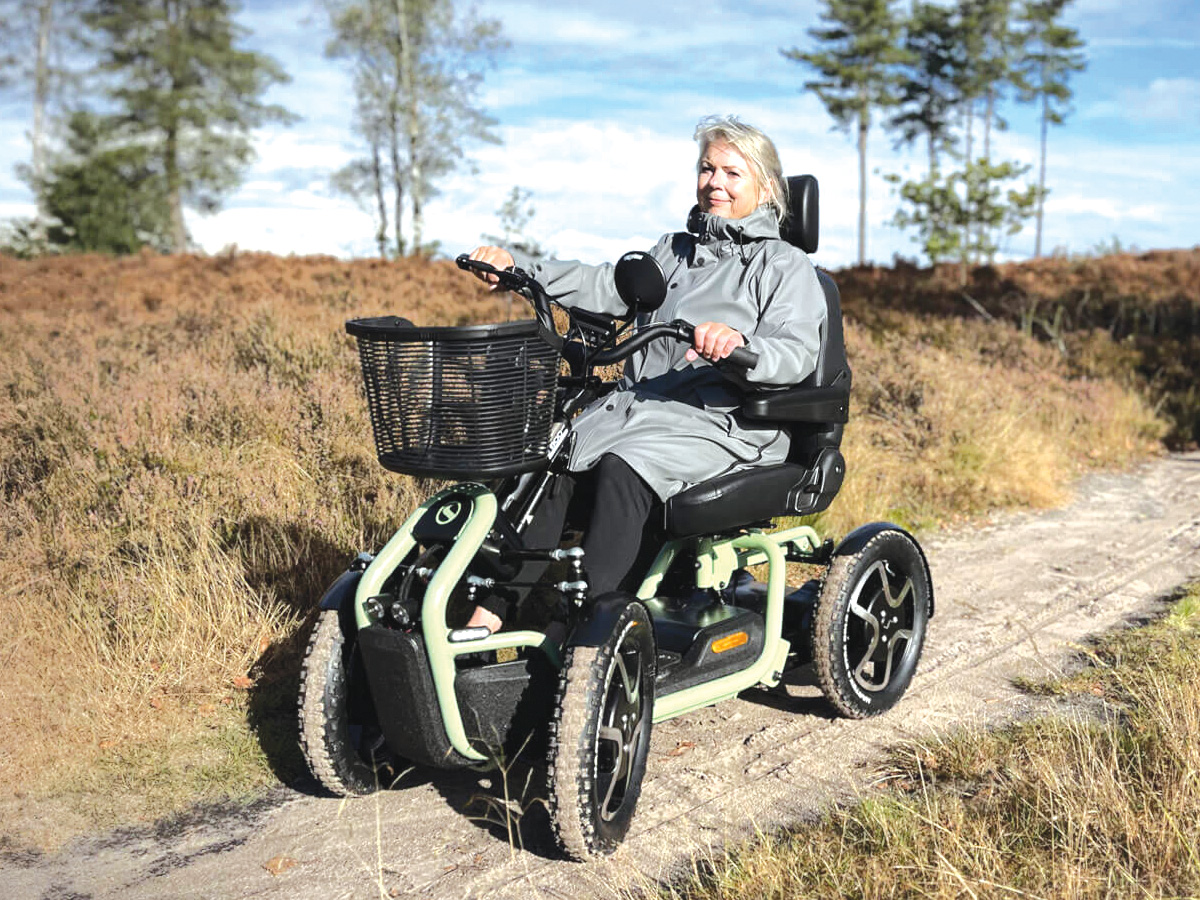Your child can’t walk: It could be polio?
As recent election and cabinet nominations are calling vaccine’s into question, public health reporter, Martha Ann Overland, recounts what none of us can imagine—the potential years ago that her 5-year-old son had polio.
Living in India, at the time, Martha’s son Aaron, woke up one morning and was unable to feel his legs. Two days earlier, he’d suffering from a high fever and aches.
Aaron had been vaccinated but his symptoms had all the hallmarks of polio. The only way to know was a painful spinal tap but, as there was a potential treatment she waited to see if it was just a virus.
Martha learned that despite a country-wide vaccination campaign that help reduce cases to just a few hundred, the vaccines were only 98 – 99% effective. The good news, Aaron got back his ability to walk after a week. But, to this day nobody has been able to identify the virus.
Today, thankfully, India is said to be polio free and Overland says, she marvels that now, no parent in India or America has to experience this fear… for five days or even one.
Needless to say, she believes in vaccinations.
Source: Stat News

Sleep meds may prevent brain waste clearing
Millions of North Americans have ongoing sleeping issues and not getting the suggested the at least 7 hours of suggested quality sleep each now.
This may be detrimental as research is now showing us that not getting enough sleep each night can raise the risk for both cognitive decline and dementia and a number of other conditions.
Sleep allows the brain to go offline, shut down the world and do required maintenance, suggest researchers… its vitally important. However, with dementia risk doubling , researchers worldwide are looking at causes for cognitive decline beyond pure lack of sleep.
Now, a new study done with mice has found that a commonly prescribe sleep aid, Ambien, may be harmful. During sleep, Ambien may be suppressing the synchronized oscillations that power the brain’s glympathetic system whose role is to help remove waste associated with neurodegenerative disease during deep non-REM sleep.
The authors of the study suggest that “sleep aids may provide a short-cut to sleep, but our study shows that the seep you get with sleep medication may lack the beneficial effects of natural, restorative sleep. Our findings underscore the fact that sleep aids should only be used for short periods of time and as a last resort”
Source: Medical News

Ozempic may help alcohol/drug addiction
People who were struggling with addiction and also had a prescription for Ozempic or similar medication were found to have a 50% lower rate of binging on alcohol compared to those who were not on medications.
And, in addition, people with opioid use disorders, who were taking these same medications, were discovered to have a 40% lower rate of opioid overdoses.
For the study, Chicago based researchers looked at health records over an 8-year period for more than 1.3 million people.
Published in a recent issue of the journal, Addiction, these results were, “a surprise,” according to the study’s lead author, Fares Qeadan, from Loyola University in Chicago. Qeadan suggests that the positive impact of these medications on addictive behaviours “suggests a broader, more protective effect than anticipated.”
Apparently, researchers claim to have known for years that the mechanism in the brain that regulates food- seeking behaviour overlaps with the development of addiction in some people. However, aside from knowing these medications can reduce cravings and induce satiety, scientists don’t know exactly how they can and will work for addiction-related concerns.
Source: npr
Images: CanStock. iStock. Haber Doedas, Unsplash.












